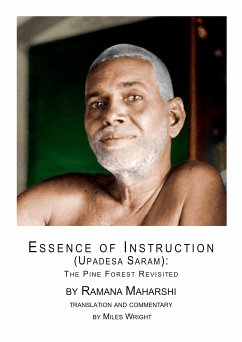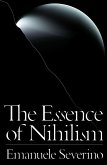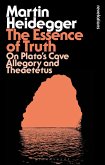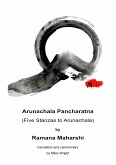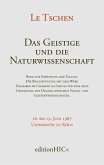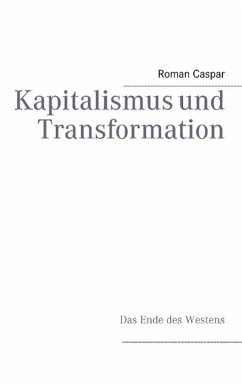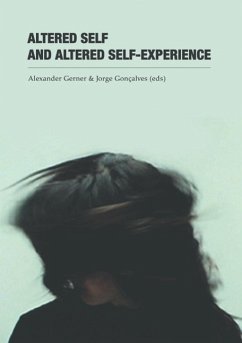The great Tamil poet Muruganar approached the South Indian sage, Bhagavan Sri Ramana Maharshi, and requested elucidation on the instruction which had been given by Lord Siva to the Rishis of Darukavanam (the Pine Forest). The Rishis had become hooked on action (karma) and every attainment threw up the desire for a further bigger, better attainment. They approached Siva and asked for help. Things have not changed much since then ... have they? The human condition continues to be enthralled with the shadows all the while oblivious to the all important source of the light. Sri Ramana Maharshi agreed and wrote this instruction in 30 verses. Later, the verses were translated into Telugu, Malayalam and, at the request of the great Sanskritist, Kavyakantha Ganapati Muni, they were also translated into Sanskrit. The Sanskrit work is known as Upadesa Saram (The Essence of Instruction). This is an English translation with commentary of that work by Miles Wright.
Dieser Download kann aus rechtlichen Gründen nur mit Rechnungsadresse in I, SK, B, D, GR, M, IRL, FIN, NL, E, SLO, F, CY, L, EW, P, A ausgeliefert werden.

